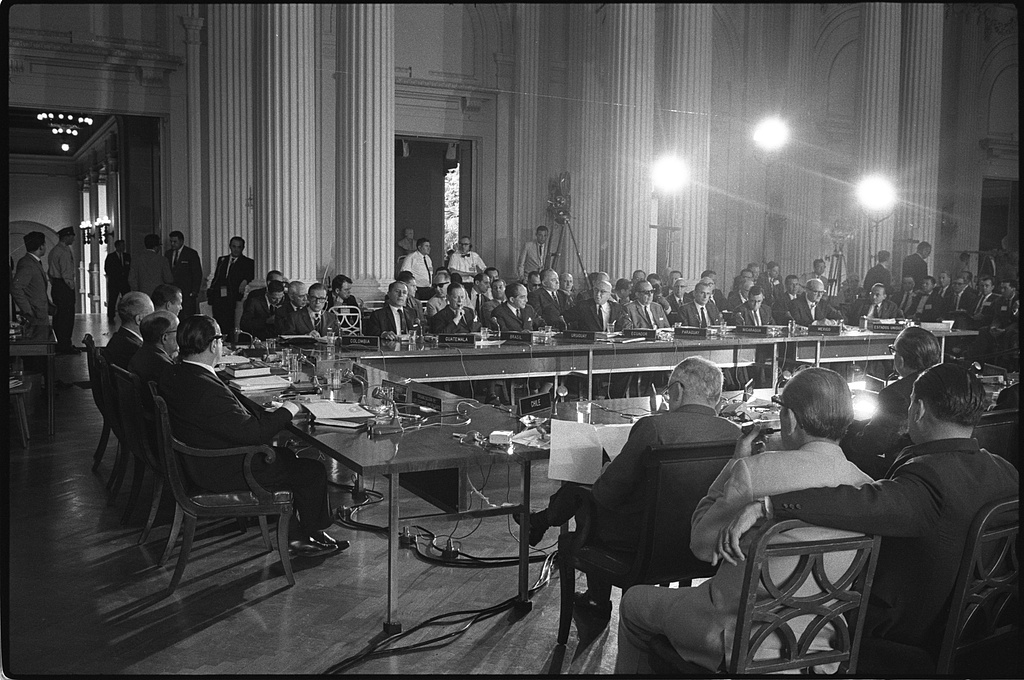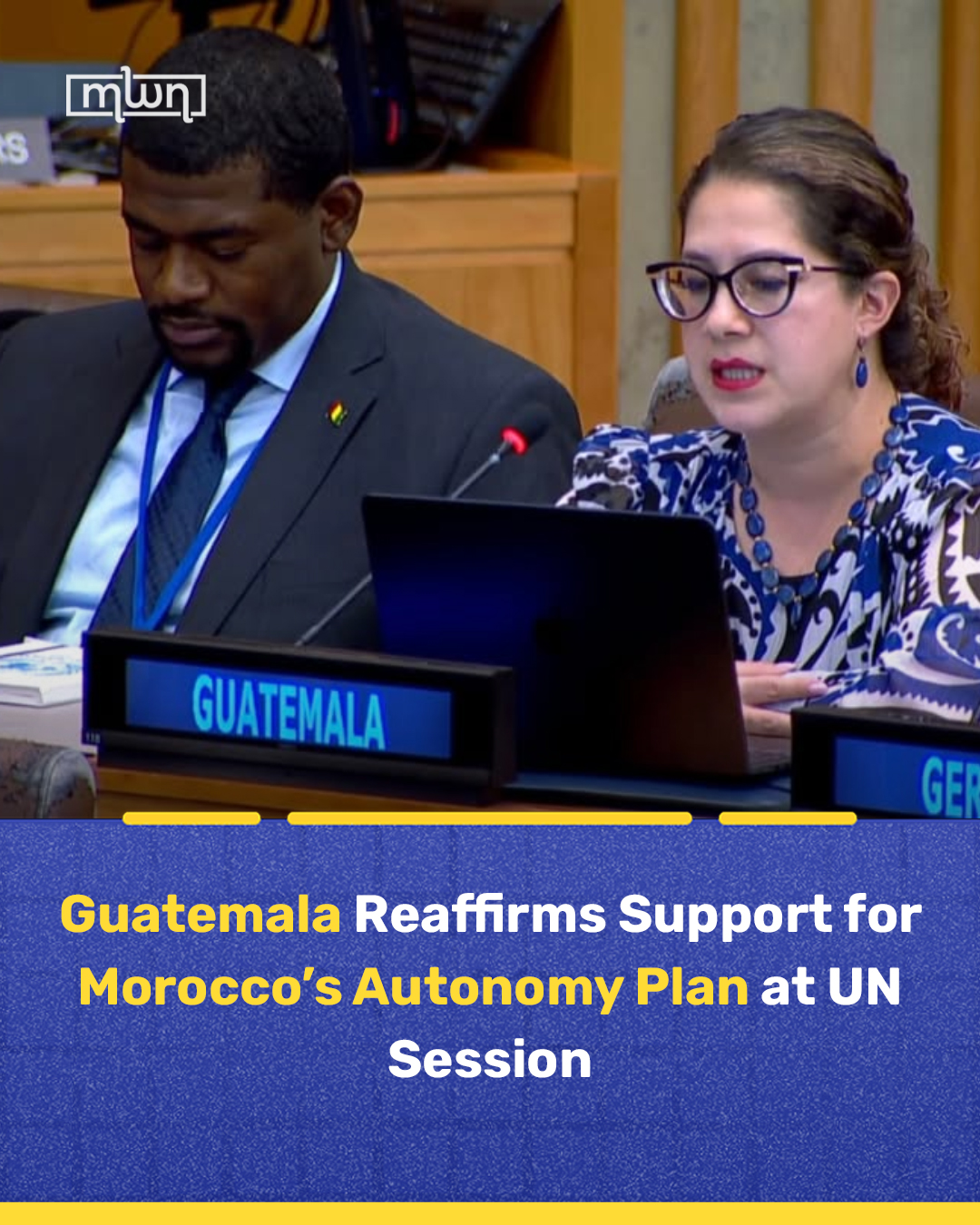Argentina’s President Javier Milei has taken a bold stance in the ongoing dispute over the Falkland Islands, proclaiming with fervor that “MALVINAS ARE ARGENTINE.” This declaration follows a decisive expression of support from the Organisation of American States (OAS), which unanimously backed Argentina’s claim during a recent meeting. As the geopolitical landscape shifts, the implications of this renewed focus on the Falklands could resonate far beyond regional tensions.
International Support for Argentina"s Claims
With the OAS urging the United Kingdom to engage in negotiations, the momentum is clearly on Argentina"s side. The recent resolution adopted by the UN’s Special Committee on Decolonization further underscores this sentiment. According to the UN, both nations are encouraged to pursue a peaceful resolution to the sovereignty dispute. This international backing not only strengthens Argentina’s position but also highlights the increasing pressure on the UK to reconsider its stance.
Historical Context of the Falklands Dispute
The Falklands conflict, which erupted into war in 1982, has left deep scars in Argentine society. The islands, known as Malvinas in Argentina, are currently a British Overseas Territory, yet the historical claims made by Argentina are deeply rooted in national identity. The recent actions by the OAS and UN are not merely symbolic; they reflect a growing recognition of the need to address colonial legacies in a modern context.
\n\n
People seated around large tables during a meeting of the ...
Potential Economic Impacts of Reclamation Efforts
Should Argentina succeed in reclaiming the Falklands, the economic implications could be profound. The islands and surrounding waters are believed to be rich in resources, including oil and fishing stocks. According to IDOS, access to these resources could significantly bolster Argentina’s economy, which has been grappling with high inflation and wealth inequality. This prospect raises questions about how economic opportunities could be distributed among Argentina"s marginalized communities.
Workers" Rights and Sovereignty
The fight for the Falklands is not solely about territorial claims; it intersects deeply with issues of workers" rights. As Argentina seeks to assert its sovereignty, it must also consider how to ensure that economic benefits from potential exploitation of resources are equitably shared. The historical disenfranchisement of workers in Argentina cannot be overlooked in this discourse. Advocates for social justice argue that any economic gains should prioritize the upliftment of the working class, particularly those who have been marginalized by past policies.
\n\n
Morocco World News on X: "At a recent session of the UN"s ...
Police Accountability and National Identity
The resurgence of nationalism surrounding the Falkland issue has implications for police accountability within Argentina as well. As tensions rise, there is a risk that the government may resort to heavy-handed policing to quell dissent. This concern is particularly relevant in a country where police violence and impunity have been longstanding issues. The fight for sovereignty must not come at the expense of civil liberties and the rights of citizens to peacefully protest and voice their opinions.
The Role of Social Movements
Social movements across Argentina are increasingly vocal about the need for a just approach to the Falklands issue. Groups advocating for indigenous rights, labor rights, and anti-colonialism are calling for a comprehensive strategy that ties sovereignty to social justice. These movements emphasize that reclaiming territory must also involve reclaiming dignity and rights for all Argentines, especially those who have been historically marginalized. The intersectionality of these struggles is vital for creating a unified front that addresses both sovereignty and social equity.

Palacio Del Congreso Congress Building Buenos Aires Government ...



![[Video] Gunfire between Iraqi security forces and Sadr militias in Baghdad](/_next/image?url=%2Fapi%2Fimage%2Fthumbnails%2Fthumbnail-1768343508874-4redb-thumbnail.jpg&w=3840&q=75)
